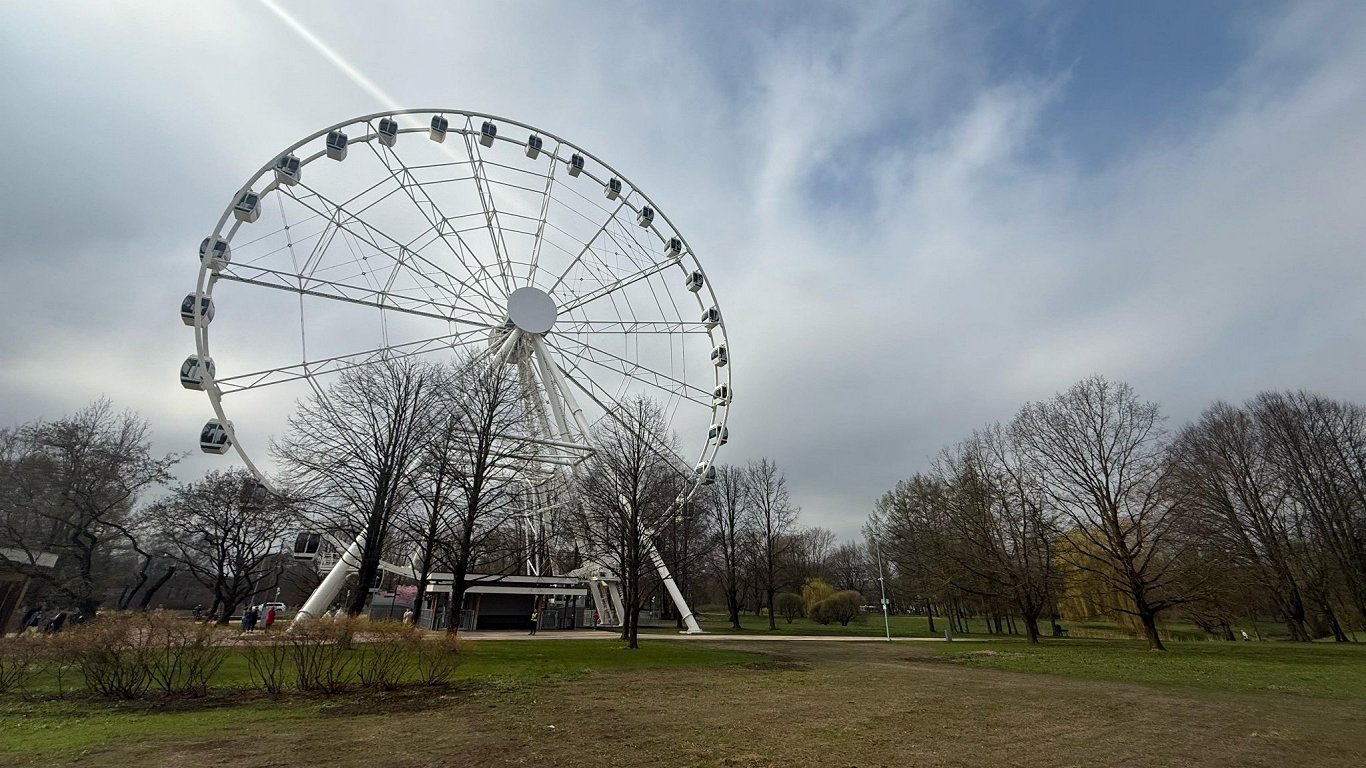Nearly 1,000 accidents occur every year at supermarkets and other public parking lots, inconveniencing car owners, costing insurers, and overburdening the public sector, such as the police, who have to deal with these often minor incidents. The public is calling for wider parking spaces, but officials are in no hurry to comply, Latvian Radio reports on December 28.
Around 900 parking accidents a year and the payment of 800,000 euros in compensation to the owners of the injured cars are the reasons why the Latvian Motor Insurers’ Bureau (LTAB) started collecting signatures on the initiative portal “manabalss.lv” three and a half years ago to increase the size of parking spaces at public facilities.
Jānis Abāšins, Head of the Bureau of Insurers, said: “A large proportion of accidents are such that we don’t even feel we have harmed anyone. But then the process starts, with in-store cameras, police involvement, and lots of other resources. Parking accidents are mostly small, but they tend to involve increased administrative effort. And that’s unpleasant for everyone – for the police, for us, for the shops – and then you end up with a big mess.”
The necessary votes for wider parking spaces were gathered and the Parliament instructed the government to come up with a solution to improve parking safety by the end of last year. This spring, the government examined an information report which divided responsibilities between ministries. But one year after the Parliament’s deadline, there is no result, Abāšins said.
“The good news is that shops, companies, institutions themselves, the moment they do a redevelopment, ask us about the number of accidents and experts about how to improve traffic in their parking lots. There have been many good examples recently,” said the LTAB chief.
Tālivaldis Vectirāns, Head of the Road Infrastructure Department of the Ministry of Transport, said that there are already too many regulations in the country, so shopkeepers and other owners of public buildings should think for themselves, in addition to mandatory requirements, to make parking spaces more convenient.
“We already see that two of the big supermarket owners are, in their view, acting responsibly and providing much wider spaces – a strip of 40 to 50 centimeters between the marked car space so that you can open the door, come in with a big shopping cart, load the car without the risk of a child opening the door at full swing or the wind getting caught in the door. This should be the result because we have over-regulated a lot of things, but then we just struggle with the consequences,” Vectirāns said.
Vectirāns believes that parking for public facilities is a much broader issue, as the public would not want shops with too much parking in city centers either, but more green spaces. The Ministry does promise changes to the parking standard, but this will only be a recommendation.
Vectirāns said, “It will probably be within the next year. What will be improved are the recommendations on how to do it better on a need-by-need basis.”






